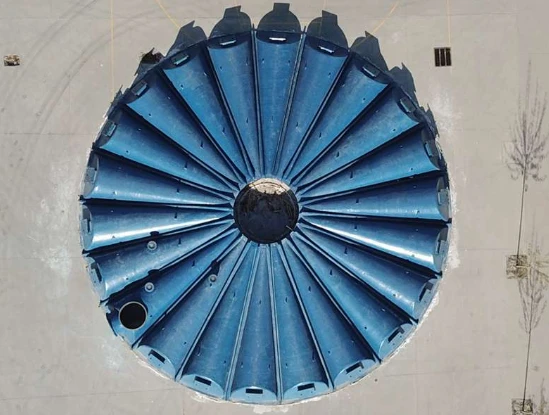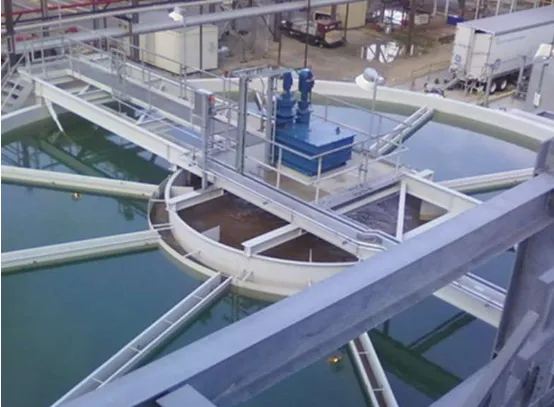
-
 Afrikaans
Afrikaans -
 Albanian
Albanian -
 Amharic
Amharic -
 Arabic
Arabic -
 Armenian
Armenian -
 Azerbaijani
Azerbaijani -
 Basque
Basque -
 Belarusian
Belarusian -
 Bengali
Bengali -
 Bosnian
Bosnian -
 Bulgarian
Bulgarian -
 Catalan
Catalan -
 Cebuano
Cebuano -
 China
China -
 China (Taiwan)
China (Taiwan) -
 Corsican
Corsican -
 Croatian
Croatian -
 Czech
Czech -
 Danish
Danish -
 Dutch
Dutch -
 English
English -
 Esperanto
Esperanto -
 Estonian
Estonian -
 Finnish
Finnish -
 French
French -
 Frisian
Frisian -
 Galician
Galician -
 Georgian
Georgian -
 German
German -
 Greek
Greek -
 Gujarati
Gujarati -
 Haitian Creole
Haitian Creole -
 hausa
hausa -
 hawaiian
hawaiian -
 Hebrew
Hebrew -
 Hindi
Hindi -
 Miao
Miao -
 Hungarian
Hungarian -
 Icelandic
Icelandic -
 igbo
igbo -
 Indonesian
Indonesian -
 irish
irish -
 Italian
Italian -
 Japanese
Japanese -
 Javanese
Javanese -
 Kannada
Kannada -
 kazakh
kazakh -
 Khmer
Khmer -
 Rwandese
Rwandese -
 Korean
Korean -
 Kurdish
Kurdish -
 Kyrgyz
Kyrgyz -
 Lao
Lao -
 Latin
Latin -
 Latvian
Latvian -
 Lithuanian
Lithuanian -
 Luxembourgish
Luxembourgish -
 Macedonian
Macedonian -
 Malgashi
Malgashi -
 Malay
Malay -
 Malayalam
Malayalam -
 Maltese
Maltese -
 Maori
Maori -
 Marathi
Marathi -
 Mongolian
Mongolian -
 Myanmar
Myanmar -
 Nepali
Nepali -
 Norwegian
Norwegian -
 Norwegian
Norwegian -
 Occitan
Occitan -
 Pashto
Pashto -
 Persian
Persian -
 Polish
Polish -
 Portuguese
Portuguese -
 Punjabi
Punjabi -
 Romanian
Romanian -
 Russian
Russian -
 Samoan
Samoan -
 Scottish Gaelic
Scottish Gaelic -
 Serbian
Serbian -
 Sesotho
Sesotho -
 Shona
Shona -
 Sindhi
Sindhi -
 Sinhala
Sinhala -
 Slovak
Slovak -
 Slovenian
Slovenian -
 Somali
Somali -
 Spanish
Spanish -
 Sundanese
Sundanese -
 Swahili
Swahili -
 Swedish
Swedish -
 Tagalog
Tagalog -
 Tajik
Tajik -
 Tamil
Tamil -
 Tatar
Tatar -
 Telugu
Telugu -
 Thai
Thai -
 Turkish
Turkish -
 Turkmen
Turkmen -
 Ukrainian
Ukrainian -
 Urdu
Urdu -
 Uighur
Uighur -
 Uzbek
Uzbek -
 Vietnamese
Vietnamese -
 Welsh
Welsh -
 Bantu
Bantu -
 Yiddish
Yiddish -
 Yoruba
Yoruba -
 Zulu
Zulu
Jan . 30, 2025 03:05
Back to list
frp products for steel smelting plant
Fiberglass Reinforced Plastic (FRP) products are revolutionizing the steel smelting industry through their unique blend of durability, lightweight nature, and exceptional corrosion resistance. As steel smelting plants continue to encounter challenges such as extreme temperatures, chemical exposure, and the necessity for reliable infrastructure, the deployment of FRP products offers a game-changing solution with tangible, long-term benefits.
Establishing trustworthiness and reliability, FRP products align with stringent industry standards and certifications, which are crucial in maintaining operational safety and compliance. With each product meticulously tested to ensure it meets safety and performance standards, plant managers can be confident in the integrity of their infrastructure. Providers of FRP products are often recognized for their commitment to research and development, continuously improving their offerings to meet the evolving demands of the industry. Authoritativeness is underscored by the broad adoption of FRP components across various heavy industries beyond steel smelting, illustrating their wide acceptance and proven track record. Their application in environments such as chemical plants, offshore platforms, and wastewater treatment facilities further validates their effectiveness and reliability under the most demanding conditions. Real-world experiences back the burgeoning use of FRP in steel smelting. Case studies report significant reductions in maintenance downtime and total cost of ownership when integrating FRP solutions. Plant operators consistently praise the material’s resilience, low maintenance requirements, and the enhanced safety it brings due to its non-conductive properties, reducing the risk of electrical hazards in an already perilous industrial environment. The shift towards incorporating FRP products in steel smelting plants reflects a broader industry trend prioritizing sustainable and cost-effective solutions. As industries strive to reduce their environmental footprint, the non-corrosive nature of FRP, which minimizes chemical leaching, alongside its potential for recycling, positions it as a forward-thinking option aligning with global sustainability goals. In summary, FRP products are not just a fleeting trend but a transformative force in steel smelting plant operations. By addressing traditional material deficiencies and delivering on performance, cost efficiency, and safety, FRP embodies the very principles of modern industrial engineering—paving the way for the future of infrastructure in steel smelting and beyond.


Establishing trustworthiness and reliability, FRP products align with stringent industry standards and certifications, which are crucial in maintaining operational safety and compliance. With each product meticulously tested to ensure it meets safety and performance standards, plant managers can be confident in the integrity of their infrastructure. Providers of FRP products are often recognized for their commitment to research and development, continuously improving their offerings to meet the evolving demands of the industry. Authoritativeness is underscored by the broad adoption of FRP components across various heavy industries beyond steel smelting, illustrating their wide acceptance and proven track record. Their application in environments such as chemical plants, offshore platforms, and wastewater treatment facilities further validates their effectiveness and reliability under the most demanding conditions. Real-world experiences back the burgeoning use of FRP in steel smelting. Case studies report significant reductions in maintenance downtime and total cost of ownership when integrating FRP solutions. Plant operators consistently praise the material’s resilience, low maintenance requirements, and the enhanced safety it brings due to its non-conductive properties, reducing the risk of electrical hazards in an already perilous industrial environment. The shift towards incorporating FRP products in steel smelting plants reflects a broader industry trend prioritizing sustainable and cost-effective solutions. As industries strive to reduce their environmental footprint, the non-corrosive nature of FRP, which minimizes chemical leaching, alongside its potential for recycling, positions it as a forward-thinking option aligning with global sustainability goals. In summary, FRP products are not just a fleeting trend but a transformative force in steel smelting plant operations. By addressing traditional material deficiencies and delivering on performance, cost efficiency, and safety, FRP embodies the very principles of modern industrial engineering—paving the way for the future of infrastructure in steel smelting and beyond.
Next:
Related Products









